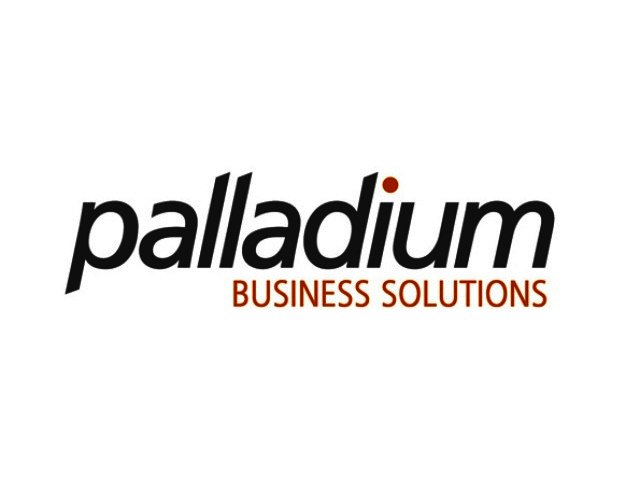By Stephen Corrigan, MD of Palladium
Imagine competing in a high-stakes chess game, where your opponent has real-time access to strategic insights as the game progresses - guiding them as to which move to make next.
Your chances of staying in the game would be minimal at best.
But, the scary truth is that competing in any business environment without a true ERP solution to aid your progress is even riskier. And the stakes are much, much higher.
Think of it this way – if you sell a product at the wrong price for just six weeks it could sink your business.
What you may not realise though is that the technology to avoid this through real-time business management does exist, and it exists in enterprise resource planning (ERP) solutions that are highly affordable for businesses of any size.
Outdated systems create misperceptions
The problem is that you simply wouldn’t know this, because legacy software providers are still selling outdated and ineffective technology that leaves companies with a completely incorrect perception of what ERP should do and how much it should cost.
Part of the misperception is that as a smaller business you can’t afford a system that manages everything from one place. So you acquire a number of smaller systems which need to be managed manually. You think you can’t afford the bigger, more sophisticated system, but that simply isn’t true.
The cost of software and data is actually coming down every year. With a system like Palladium, for example, the number of features the system provides increases exponentially each year in relation to the cost.
Any business can afford ERP
And your business can get monthly subscriptions to ‘pay as you go’ for ERP. In fact, Palladium hosts software on the cloud, so your company can forego the cost of a server, which has traditionally been a major inhibitor to implementing ERP.
Because ERP systems like Palladium can be deployed on the cloud, they’re also scalable. This means that the system grows with your business, so you don’t have the cost of rolling out a new system when your needs outgrow the current one.
You also may not realise the extent to which ERP can transform your company’s operations and, in turn, even the behaviour of your workforce.
For example, Palladium has developed a feature that helps your business manage cancelled orders. So whenever an order gets cancelled, the system asks for a reason why, enabling you to improve your win rate. And suddenly employees, who have previously been more admin-focused are more sales-focused, because they know their performance is being monitored.
It’s about creating features to change the game
There are an endless number of similar features that Palladium has created to help your business improve its turnover, increase its margins and enhance its operational efficiencies. From auto-prompts that remind the sales team to upsell complementary items to clients, to a function that automatically sends copies of customer invoices with e-mailed statements in order to increase cash flow, these features bring a great deal of common sense and efficiency into the way your business is run.
But, most companies just don’t realise ERP is capable of half these functions, because legacy systems simply haven’t been designed with the goal of improving business operations in mind.
The result is that you may well be doing reactive reporting rather than proactive management. You acquire an accounting software package because your auditor recommends it to you and become trapped in a process of having to try mould your business around the software. What you may not realise is that in this day and age the software should be able to adapt to your business needs – as is the case with modern systems like Palladium.
Switching over is easy
On the other hand, you might already have realised that your business is being held back by outdated software, but you are wary of rectifying the situation because you know the failure rate of switching over to ERP is high.
In truth though, these failures are largely the result of companies handling implementation badly on broad ERP scales. But, with our data conversion and import utilities, it’s easy for systems like Palladium to import the relevant data.
At the end of the day, the pressures your business faces on a daily basis – from rising cost pressures to growing customer demands – are only going to increase.
To remain relevant, companies big and small need every available tool at their disposal. And so the question is not whether your business can afford to have ERP, but rather whether it can afford not to?





